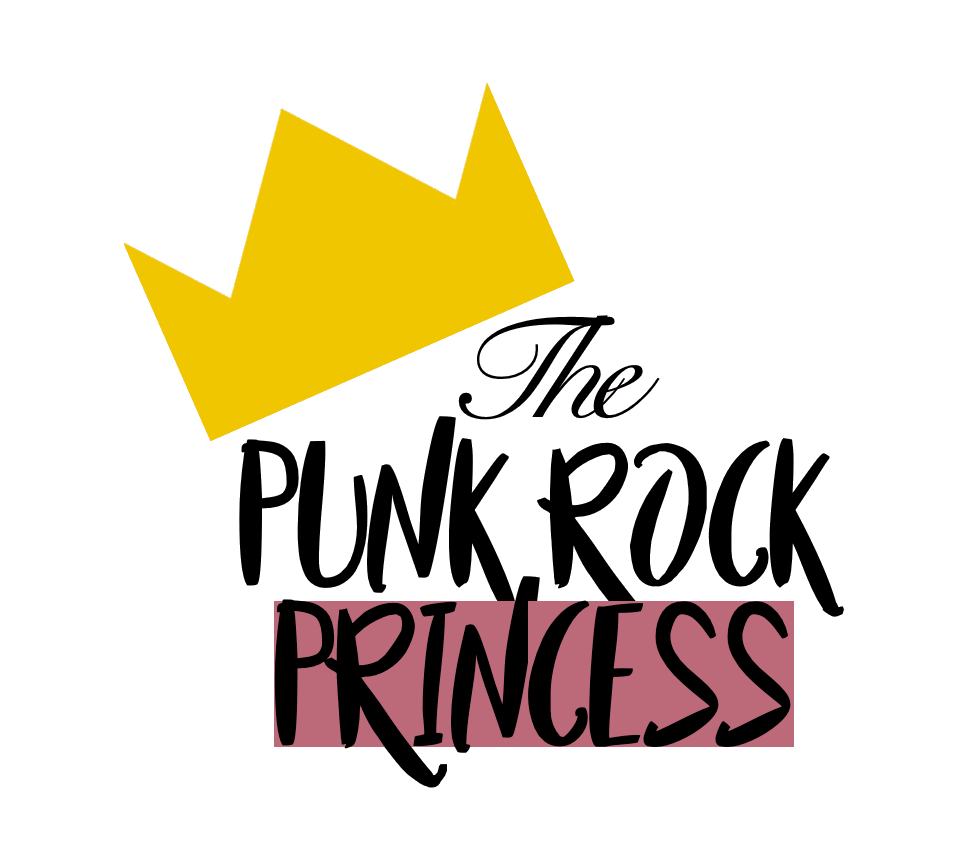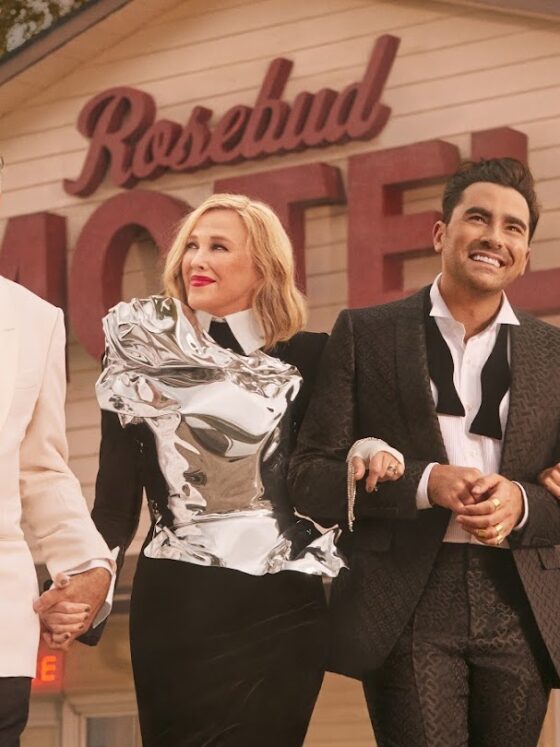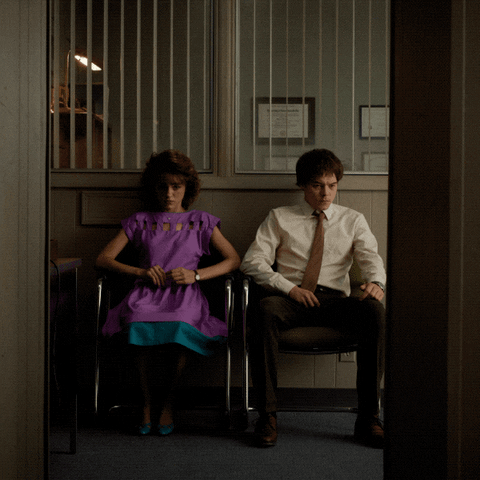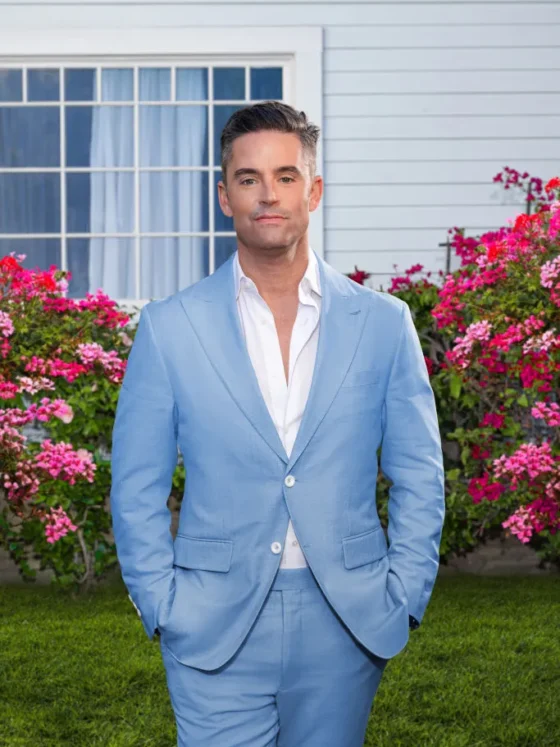“To train or not to train—that is the question.”
Once upon a time, if you wanted to make it as an actor, you packed your bags and headed to drama school. Names like LAMDA, RADA, and Guildhall were practically required on your CV if you hoped to share a screen with the likes of Benedict Cumberbatch or Olivia Colman. These schools offered rigorous training, classic technique, and connections that could carry you from West End to Hollywood.

But then came Netflix—and suddenly, stardom didn’t necessarily come with a diploma.
Drama school: prestige, pressure, performance
The UK’s top drama schools continue to hold significant influence. Training at LAMDA or RADA means years of perfecting your voice, movement, and emotional range. The graduates? The alumni include prominent figures from the film and theatre industries.
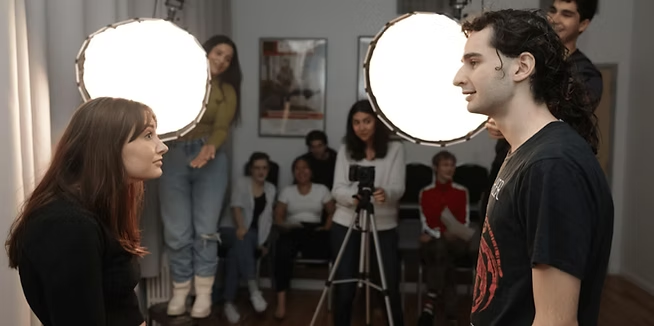
But it’s not cheap. It’s not fast. However, there’s no guarantee of success.
One student expressed, “They break you down to rebuild you into tree number three in Macbeth.”
Still, the best drama schools in the UK offer more than just technique—they create thoughtful, nuanced performers who can handle Chekhov as easily as a Marvel script.
The Netflix effect: charisma over credentials
Then there’s the Netflix generation. Millie Bobby Brown, Jacob Elordi, and Lana Condor—household names who didn’t spend three years in acting classes but instead found their breakthrough through raw screen presence and a bit of digital luck.
Today, casting directors look as closely at social media as they do drama school showreels. If you’ve got the right look, timing, and spark, you might land the lead role—no training required. The platform has become a launchpad for actors with no formal training but plenty of impact.
Acting: art or algorithm?
It’s tempting to frame the debate as “craft” vs “charisma”—the classically trained actor versus the breakout social media star. But the reality is far more layered.
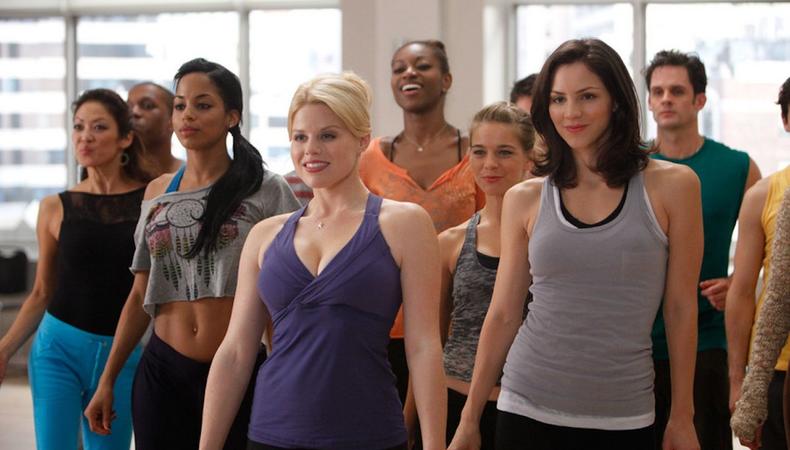
Some of the best Netflix stars, like Florence Pugh, trained at top schools and still gained major traction through streaming roles. Others built their careers purely from screen tests, auditions, or self-tapes recorded in bedrooms.
To be a great actor, you don’t necessarily need a drama school certificate, although it certainly doesn’t hurt. What matters most is the combination of instinct, presence, timing, and opportunity.
Industry insight: what truly matters?
Casting directors say how you perform onscreen matters more than where you trained.
“You can teach someone technique,” one noted, “but you can’t teach someone to be watchable.”
In today’s industry, a good self-tape might carry as much weight as a three-year degree. Some even argue that acting schools are struggling to adapt, focusing too much on stage while the world consumes digital-first media.

Final verdict
If you’re serious about mastering the craft, drama school still offers incredible value—especially for those looking at stage or classical roles. But if you’re self-driven, camera-ready, and know how to own your digital presence? Netflix (and every casting platform like it) could be your ticket in.
Both routes are valid. Both come with challenges. And both are launching careers.
